Audience can enjoy Eine kleine Nachtmusik by Mozart or the Four Seasons by Vivaldi from their cars in the new “Drive-in Cinema” organised by Müpa. The first concert happened yesterday and had the title A little summer music, bringing summer vibes with well-known classical pieces. Singers Zsófia Nagy, Eszter Zemlényi, Erika Gál, Atala Schöck, Eszter Balogh, Zoltán Megyesi and Szilveszter Szélpál are accompanied by the National Philharmonic Orchestra and conducted by János Kovács. This all can be followed in the outdoor parking area of Müpa on a huge screen.
After graduation, János Kovács joined the Hungarian State Opera as a répétiteur and in 1976 as a conductor, and since then toured with the National Philharmonic Orchestra in Germany and Brazil, among others. We asked the 68-year-old about the car concerts in Müpa, the excitement before entering the stage, and we even discussed what he inherited from his parents that is extremely useful in the orchestral ditch.
Due to the coronavirus, you weren’t allowed to conduct for three months. How did you cope up with the lockdown?
Thank you, it all went well. As it turned out later, I was infected with the coronavirus, but I got well soon in the quarantine. I played my keyboard and prepared for the upcoming tasks.
“It would be hard to deal with loneliness if I didn’t work” – you once said in an interview. Are you workaholic?
That might be a bit of an overestimation, but with almost 69 years I feel that I didn’t even learn a tiny bit of fraction about what I should have learned. But I feel satisfied. The biggest gift in life is to make your hobby your profession. I have been a widow for five years (his late wife was opera singer Mária Sudlik – ed.). Within this time, a new order of my life have been developed that consists of music and connecting to colleagues.
Although the National Philharmonic Orchestra has been to all over the country and the world, this “drive-in cinema concert” is yet another brand new format for them. I guess it is for you as well. Most conductors never get to conduct a concert that is watched from the inside of cars.
No. It is a beautiful undertaking. We are all waiting for the announcement that the concert hall is open again. The programme editors created an evergreen show that features the most beautiful pieces, and the performers are also great. I saw at the first rehearsal that the musicians are thrilled already to get their instruments in their hand and finally make some music again.

You must be looking at every little movement of the musicians. Will you be disturbed by the invisibility of the audience?
No, the piece takes all my attention. But I would be lying if I said that I do not care about the applause and will not miss it at all. I also notice if a concert is exceptionally successful and the audience holds their breaths, it is like the world stopping for a moment. Opera is yet another situation where a good aria receives a giant applause, and that inspires the actors/actresses and musicians alike.
Once you told in an interview that when you joined the Hungarian State Opera in 1973 as a répétiteur, you wanted to be the best in that field and quit conducting. Why did you return?
It was not my own decision. It was simple and kind pressure from my teacher András Kórodi who was a father figure to me after losing my biological father in my early years. My first task was The Magic Flute by Mozart, which was too much for me back then, but the orchestra was patient, so I survived it. This first task did not show clearly that conducting has to be my way, but more and more arrived then, and so I stayed.
You also often mention to still feel nervous before concerts, even after 40 years of conducting. Why is that?
The eternal self-esteem issues. I always believe that I am not enough for the actual challenge. I guess most of my colleagues feel this way. We keep asking whether it will succeed, whether we are eligible. We can get used to this somehow, but not completely. I reached a stage of initial doubts, but fortunately only before the concert, not during that. So I can manage to concentrate on the composer and the piece with hundred percent of my attention.
How do you feel about success?
I’m happy if a concert is successful, but as ours is a collective genre, this is not only my success but of the whole group: musicians, lead singers. This is what we live for, after all, and this is the essence of our work. I guess most of the composers would say that as well, although they are geniuses. They write their works from an inner motivation, but it is not all the same whether the audience is able to process them or not.
You claim to have inherited your paedagogic skills from your parents, and this is the reason why you can easily get along with musicians as a répétiteur and conductor.
My father was a teacher who had a lot of fans all around Budapest, and I believe to have inherited something from him. My mother was the sweetest kindergarten teacher ever who did not have to learn from books how to handle children. A group of singers or an orchestra is actually very similar to preschool, and I say this with my deepest love. I believe that a conductor has to be the kindergarten teacher sometimes. Real, genius conductors might deny this, because their main and only focus is the piece itself, but I also find essential to go for a valuable relationship with my colleagues, both on the personal and the professional level.
Read more about the upcoming concerts in the Müpa Drive-in Cinema programme!
Interview: Zsolt Várkonyi
Translation: Zsófia Hacsek

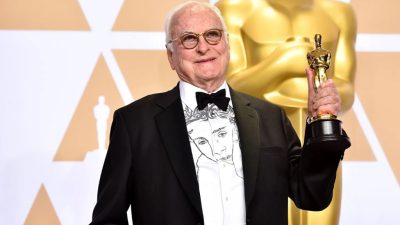
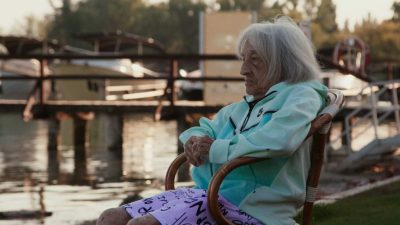
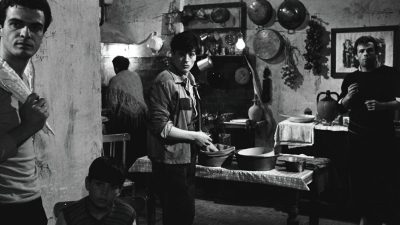





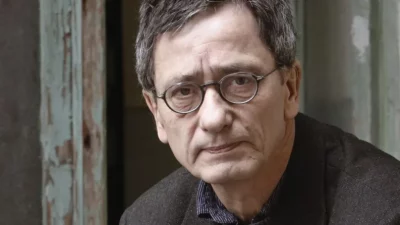





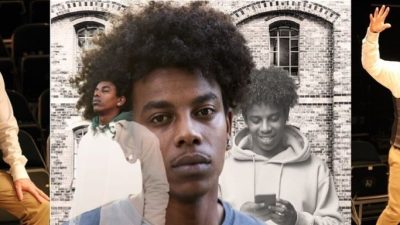





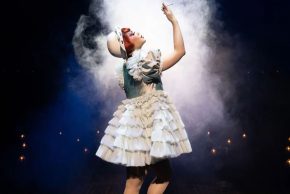
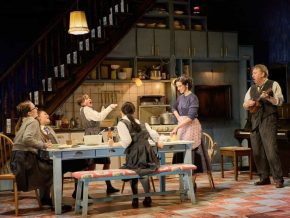
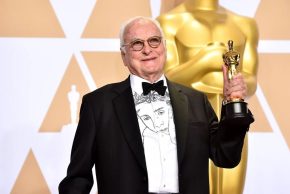
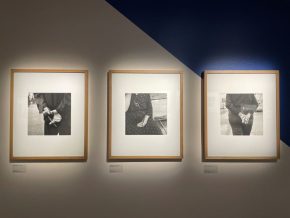


Comments
1 Responses to “At some point we need to be like kindergarten teachers – interview with conductor János Kovács”